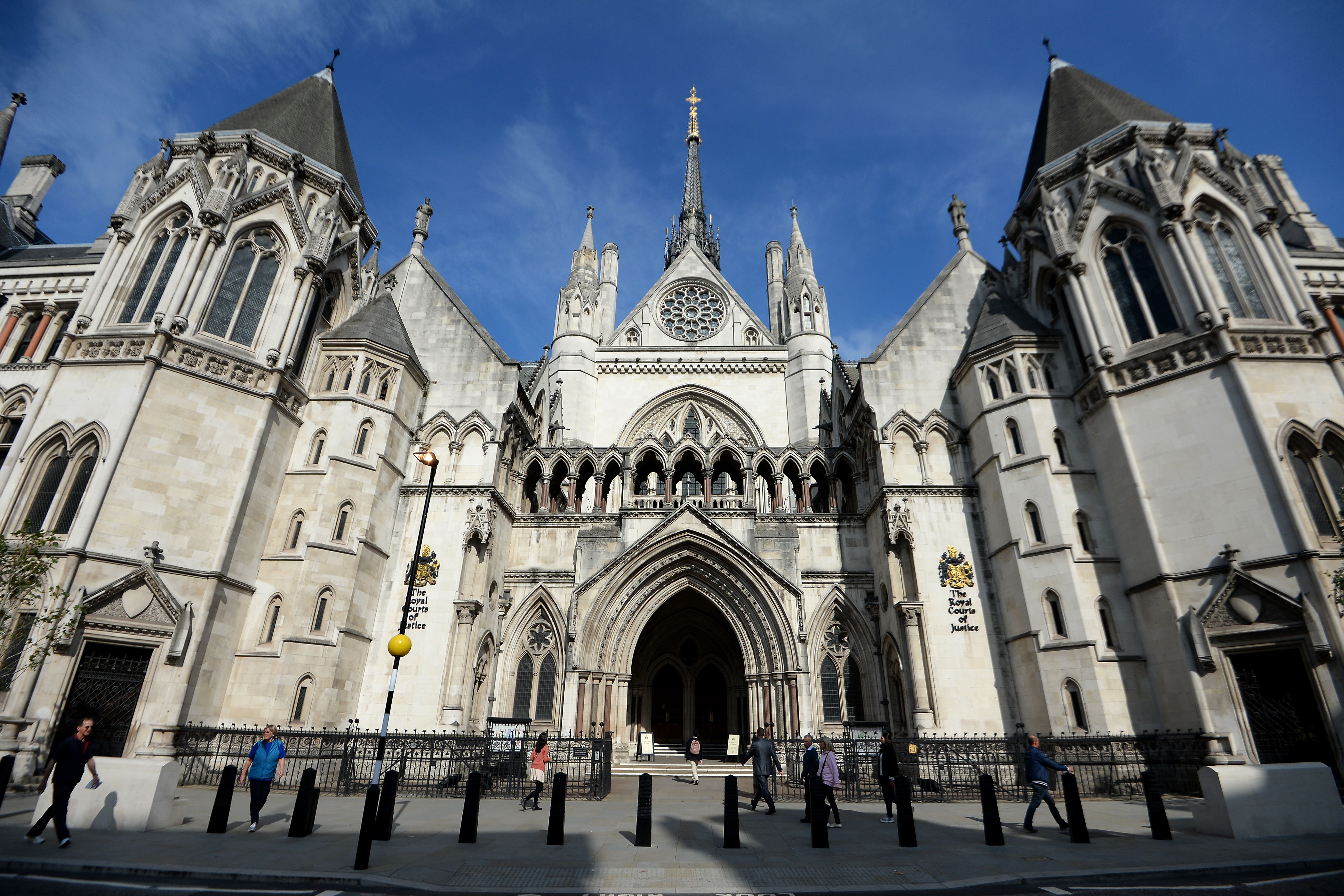The Unduly Lenient Sentence scheme and what could happen over Valdo Calocane
The Attorney General, the government’s top law officer, can refer any Crown Court sentence to the Court of Appeal if it is potentially unduly lenient.

The Court of Appeal will on Wednesday consider whether to change the sentence of Valdo Calocane, who was given an indefinite hospital order for the manslaughter of three people in Nottingham last June.
The Attorney General has referred Calocane’s case to the Court of Appeal under the Unduly Lenient Sentence Scheme (ULS).
Here, the PA news agency sets out how the scheme works and the options available to judges in Calocane’s case.
– What is the Unduly Lenient Sentence Scheme?
The Unduly Lenient Sentence scheme allows sentences to be referred to the Court of Appeal if the Attorney General – the Government’s top law officer – considers them potentially “unduly lenient”.
Under the scheme, any person or institution can ask for any sentence handed down in a Crown Court to be reviewed.
Attorney General Victoria Prentis has 28 days from the sentencing date to consider the request and, if deemed necessary, refer the sentence to the Court of Appeal.
The test for whether a case is referred is high. The sentence can only be deemed “unduly lenient” if it falls outside the range of sentences considered reasonably appropriate for the sentencing judge to hand down, based on the facts and evidence of the case.
– What happens at the Court of Appeal?
Usually, three appeal judges will hear the case.
The judges cannot examine or change the offences for which the defendant was sentenced and cannot look at any new evidence related to the case.
Instead, they can only assess whether the sentence was unduly lenient based on the evidence before the sentencing judge at the time.
If the sentence is deemed unduly lenient, the original sentence is quashed and a new sentence is substituted.
– What was Calocane’s sentence?
Calocane was sentenced in January by Mr Justice Turner to an indefinite hospital order under sections 37 and 41 of the Mental Health Act 1983.
This meant that Calocane was admitted and detained at Ashworth high-security hospital near Liverpool, where he would be treated for paranoid schizophrenia.
If the treatment is successful, the Ministry of Justice or a Mental Health Tribunal must approve his discharge. Once discharged, he will be under further restrictions in the community to protect the public, under section 41.
During sentencing, the judge said he was “entirely satisfied on the evidence, in the particular circumstances of this case and for the reasons I have given” that this was the “proper sentence” to impose.
– What options are available to the Court of Appeal?
Barristers for the Attorney General’s Office will tell the court that Calocane should instead be given a “hybrid” order under Section 45A of the Mental Health Act.
These sentences mean a defendant is first treated in hospital before serving the remainder of their sentence in prison.
If the court decides to impose a hybrid order, judges will need to set a minimum term of imprisonment.
The Parole Board would then govern Calocane’s release.
However, the court may decide that his sentence should remain the same.
– Why was Calocane not given a section 45A order?
During sentencing, Mr Justice Turner set out his reasons as to why a hospital order under section 45A would not, in his judgment, be appropriate.
He said there were “significant concerns” that if Calocane relapsed in prison, he “would present a real danger to prison officers and fellow prisoners alike”.
It came after psychiatrist Dr Nigel Blackwood warned the court that imposing a hybrid order could lead Calocane – who has a treatment-resistant form of paranoid schizophrenia – to stop taking medication in jail which would carry a “significant risk of lethal behaviours returning”.
If Calocane did go to prison, and in the “unlikely event” he was ever released, Mr Justice Turner said he needed to consider which regime would “provide the greatest level of protection for the public” and raised concerns that mental health experts would not supervise him after being released.
